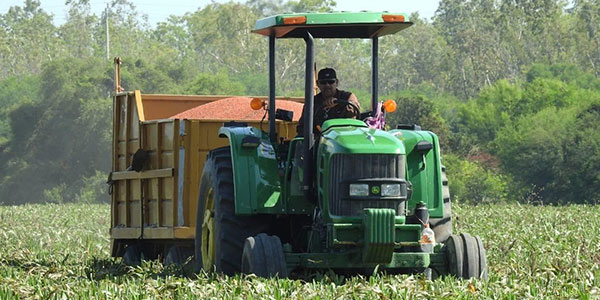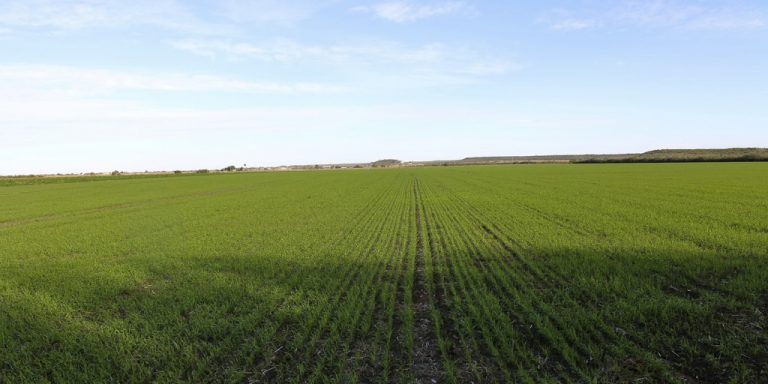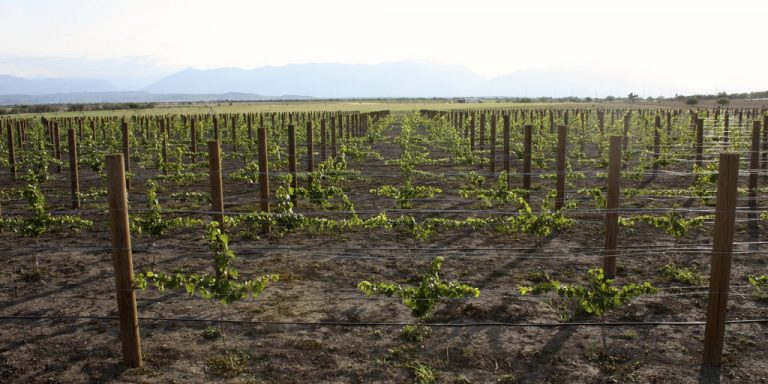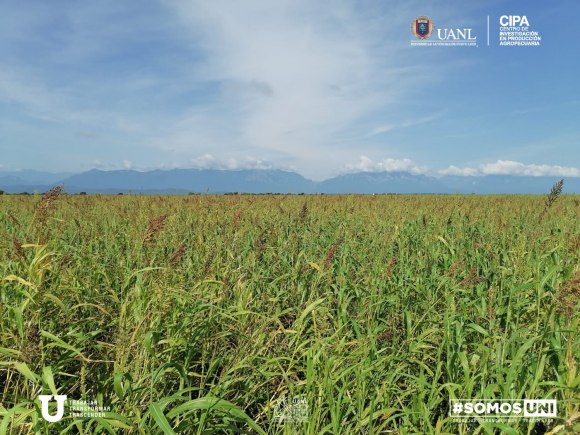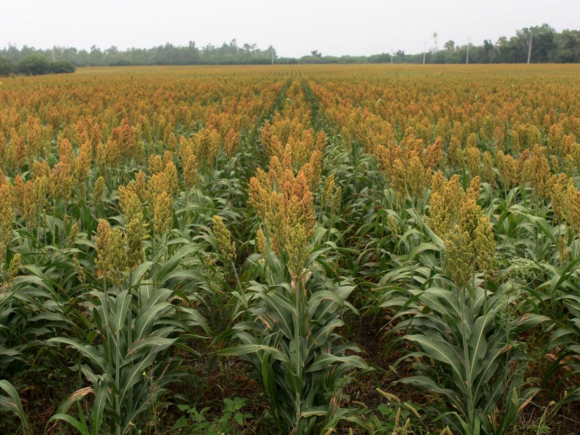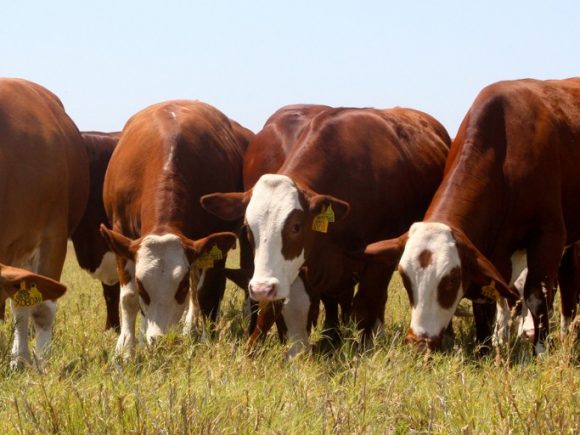
UNIVERSIDAD AUTÓNOMA DE NUEVO LEÓN
SECRETARÍA DE SUSTENTABILIDAD
Sustainable Agricultural Production
Desarrollo agropecuario sustentable

El desarrollo agropecuario sustentable constituye una estrategia fundamental para atender de forma integral los retos globales en materia de seguridad alimentaria, protección de los recursos naturales, equidad social y mitigación del cambio climático. Este enfoque busca garantizar una producción agroalimentaria eficiente, socialmente equitativa y ambientalmente responsable, que responda a las necesidades de las generaciones presentes sin comprometer la capacidad de las futuras.
Desde una perspectiva sistémica, el desarrollo agropecuario sustentable promueve prácticas productivas que protegen el suelo, el agua, la biodiversidad y los servicios ecosistémicos. Entre las técnicas más relevantes se incluyen la rotación de cultivos, la conservación del suelo, el uso eficiente del agua, la diversificación de especies, la integración agroforestal y la gestión eficiente del ganado. Estas acciones permiten construir sistemas agropecuarios resilientes frente a plagas, enfermedades y eventos climáticos extremos.
La implementación de estrategias sustentables no solo mejora la productividad y estabilidad de los sistemas agrícolas y ganaderos, sino que fortalece las economías locales, genera empleos y disminuye la dependencia de insumos externos. Asimismo, permite desarrollar capacidades técnicas mediante la adopción de tecnologías apropiadas, mejorando la eficiencia de los procesos productivos y la calidad de los alimentos.
Frente al crecimiento demográfico, la pérdida de biodiversidad y el deterioro ambiental, el sector agropecuario está llamado a ser parte de la solución mediante la incorporación de principios de sustentabilidad en la toma de decisiones, la gestión del conocimiento y la planeación territorial.
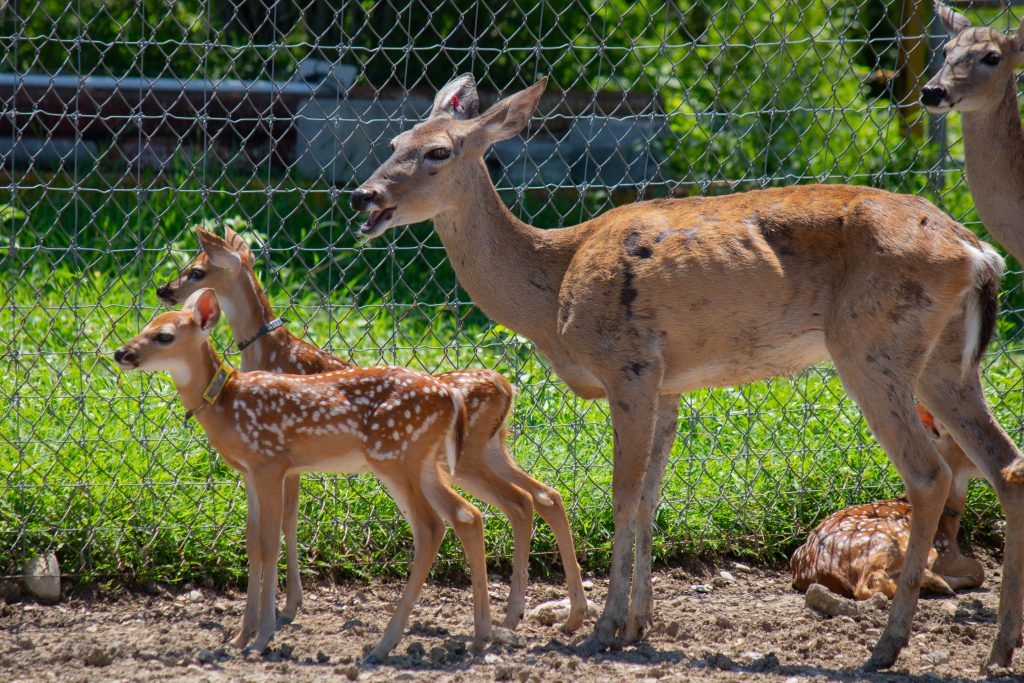
El papel del CIPA-UANL en la transformación del sector agropecuario
En este contexto, el Centro de Investigación en Producción Agropecuaria (CIPA) de la Universidad Autónoma de Nuevo León representa una institución clave en la generación de conocimiento y tecnología aplicada al desarrollo agropecuario sustentable. Fundado en 1983, el CIPA ha consolidado una trayectoria de más de cuatro décadas como referente nacional e internacional, tanto en investigación como en la formación de recursos humanos especializados. Ubicado en el municipio de Linares, al sur de Nuevo León, el CIPA abarca una superficie de 977 hectáreas, la mayoría con vegetación natural bajo manejo y conservación.
Se han realizado modificaciones en los cultivos, en la actualidad se tomó la decisión de ampliar superficie para pasto, debido a las afectaciones que se han tenido por la falta de precipitación y las necesidades que se cuentan en la dependencia.
El Centro cuenta con infraestructura y equipamiento de vanguardia para el desarrollo de líneas estratégicas de investigación en mejoramiento genético, producción animal, conservación de suelos, manejo integrado de cultivos y restauración ecológica.
El equipo multidisciplinario de investigadores y técnicos del CIPA colabora activamente con productores, instituciones públicas y empresas privadas, asegurando que los resultados científicos se traduzcan en soluciones prácticas que contribuyan a la sostenibilidad del sector.
Entre sus principales logros se encuentran:
Labranza de conservación
Durante 2024 se implementaron prácticas de labranza ecológica en una superficie de 487.65 ha para la producción de granos y forrajes. Este sistema evita el uso de agroquímicos, preserva los residuos de cosecha como abono orgánico, y reduce la remoción del suelo, lo que permite conservar la estructura del suelo, reducir la erosión y mejorar la materia orgánica.
- Diversificación productiva: viticultura
Desde 2011 se estableció un viñedo experimental con especies de bajo requerimiento hídrico como Vitis vinifera L. En 2024, el área cultivada alcanzó 4 hectáreas, con variedades como Cabernet Sauvignon, Merlot, Shyraz, Tempranillo y Sauvignon Blanc. Estas acciones promueven la adaptación productiva en zonas semiáridas, favoreciendo la rentabilidad y el uso eficiente del agua.
- Bodega Vinícola Alere
La Bodega Vinícola Alere, equipada con tecnología de punta para apoyar la producción de vino y la investigación en enología, cuenta con celdas fotovoltaicas que permiten el aprovechamiento de energía renovable, reduciendo el consumo energético asociado a procesos intensivos.
Así mismo en este año 2024 se cambia el sistema de riego inicial por un sistema de riego con gotero integrado que permite un ahorro significativo de agua gracias a su distribución focalizada y controlada, reduce la proliferación de malezas, dado que el agua se aplica directamente a las plantas que la necesitan y disminuye el riesgo de enfermedades relacionadas con la humedad excesiva.
- Unidad de Manejo Ambiental: Venado Cola Blanca
Desde 2008, el CIPA opera la UMA “Centro de Mejoramiento Genético de Venado Cola Blanca”, con una superficie de 80 ha, de las cuales 5 ha se dedican a manejo intensivo. En 2024, se mantuvieron 5 ejemplares con fines de investigación, conservación genética y educación ambiental.
- Ganadería baja en emisiones
El programa de Evaluación de Eficiencia Alimenticia, mediante la determinación del índice de consumo residual (RFI), permite seleccionar animales con mayor eficiencia alimentaria, lo que contribuye a reducir emisiones de metano entérico, desechos orgánicos y huella ambiental del sector pecuario.
Bosque Escuela: educación, conservación y adaptación climática
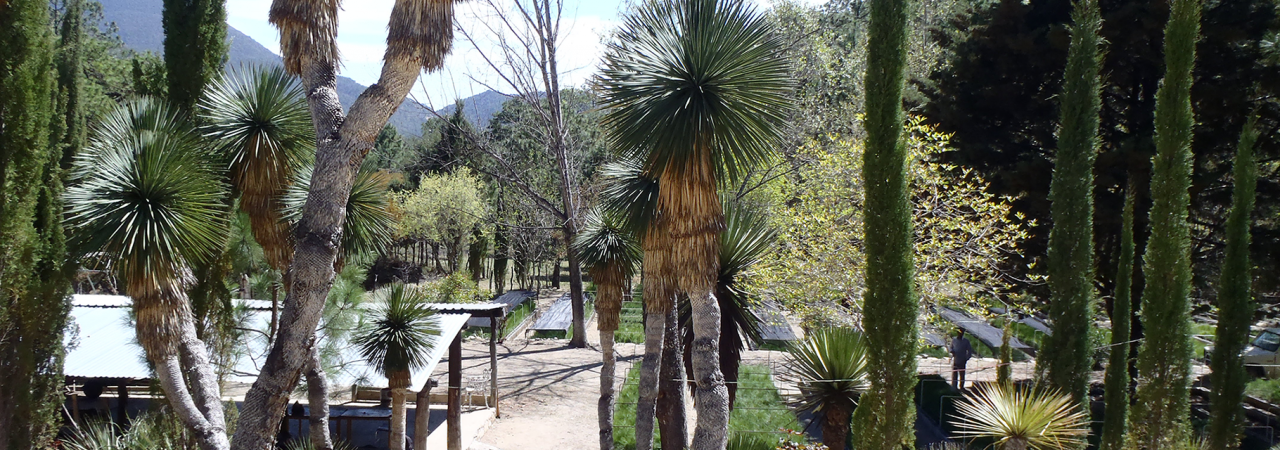
El Bosque Escuela (BE) de la UANL, adscrito al CIPA, se localiza en el municipio de Iturbide, con una superficie de 1,077 ha. Este espacio constituye un laboratorio natural con vegetación diversa que incluye bosques de encino, pino-encino, cedro y matorral-chaparral. Su función es doble: educativa y ecológica. Sirve como sitio de aprendizaje en campo para estudiantes, investigadores y público general, y como reservorio de biodiversidad que contribuye a la captura de carbono y la regulación climática regional.
Durante 2024, se realizaron múltiples actividades educativas y de restauración, como talleres de educación ambiental y jornadas de reforestación para recuperar áreas afectadas por incendios.
Campaña contra incendios:
En coordinación con Protección Civil del Estado, se realizaron eventos para promover la cultura de prevención y control de incendios forestales.
Jornada de reforestación:
En 2024, se plantaron 300 ejemplares de Pinus pseudostrobus y 140 plantas de agave, con la participación de estudiantes de escuelas preparatorias y facultades.
Producción de planta forestal:
Se generaron 3,000 plántulas de pino para su uso en reforestaciones institucionales y en apoyo a ejidatarios.
Producción de semilla para áreas inaccesibles:
Se establecieron 10 ha para la producción de semilla de gramíneas nativas como Bouteloua gracilis and B. curtipendula, destinadas a reforestar zonas de alta pendiente.
Desarrollo pecuario sustentable
El desarrollo agropecuario sustentable representa una estrategia prioritaria frente a los desafíos del siglo XXI. Su implementación exige una visión integradora que combine eficiencia productiva, justicia social y conservación ambiental. La experiencia del CIPA-UANL demuestra cómo la ciencia, la educación y la innovación pueden confluir para construir sistemas agroalimentarios más resilientes, equitativos y regenerativos.
A través de sus programas, el CIPA no solo contribuye al bienestar de las comunidades rurales y al fortalecimiento del sector agropecuario regional, sino que también genera un impacto ambiental positivo de alcance nacional. La articulación entre academia, productores, empresas y gobierno constituye la vía para escalar estas buenas prácticas y avanzar hacia una agricultura y ganadería verdaderamente sustentables.
Compromiso Ambiental. Restauración Ecológica de 233.36 ha.
Las actividades de restauración ecológica se describen a continuacion:
- Brechas cortafuego
- Acomodo de material vegetal muerto o zanja trinchera
- Reforestación. Se lleva una superficie de 53 ha
- Construcción de un vivero forestal
- Mantenimiento
- Presas de morillos
- Rehabilitación del camino
- Cerco perimetral

